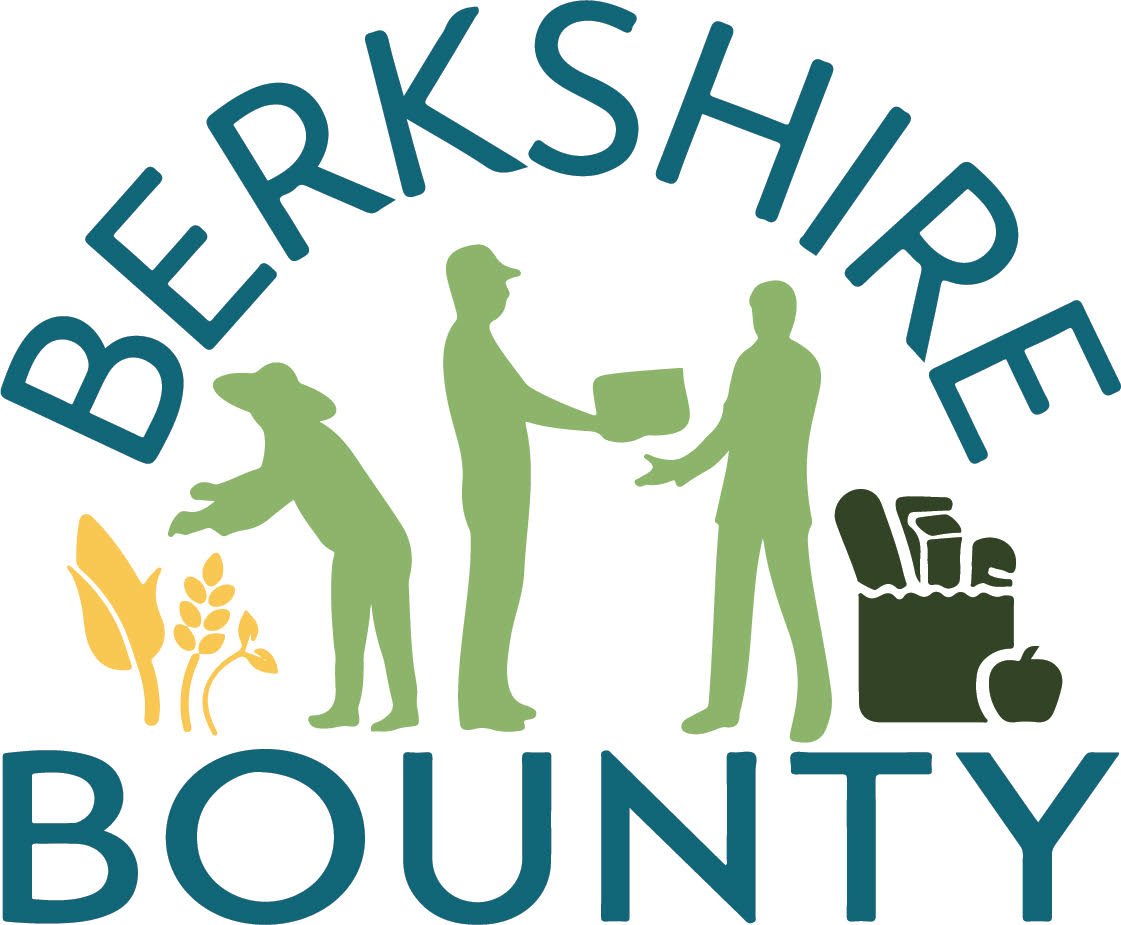Federal Liability Protection For Food Donation
Businesses and nonprofits that donate or distribute donated food or grocery products are well-protected by laws designed to provide immunity from liability related to food donations. The Bill Emerson Good Samaritan Food Donation Act, originally passed in 1996 and amended by the Food Donation Improvement Act (FDIA) in 2022 (hereinafter collectively referred to as “the Emerson Act”), provides comprehensive federal liability protection to encourage food donation to individuals experiencing food insecurity. Furthermore, the risk of liability for food and grocery product donation is already very low; no court case exists to date related to food donation liability.
The Emerson Act provides civil and criminal liability protection for liability that might arise due to harm from donated food or grocery products.
The Emerson Act covers both donors and intermediaries that distribute food, including:
All individuals
Government entities
Schools
Businesses (including retailers, restaurants and wholesalers) Nonprofit organizations
The officers of businesses and nonprofit organizations
Gleaners (individuals that harvest donated agricultural crops for a nonprofit organization that distributes the food to individuals)
Conditions Required to Receive Liability Protections Under the Emerson Act
The donor must donate “apparently wholesome food” or an “apparently fit grocery product” that meets food safety standards imposed by Federal, State, and local laws and regulations, even if they contain flaws that makes them unmarketable (for example, food products that contain aesthetic flaws or are the wrong size or grade).
Exception for Reconditioned Items: Even if a food or grocery product does not meet all applicable standards, donors can still be protected by the Emerson Act if the donor follows all the Act’s reconditioning procedures, which include:
The donor informs the nonprofit of the nonconforming nature of the product;
The nonprofit agrees to recondition the item so that it is compliant; and
The nonprofit knows the standards for reconditioning the item.
Direct Donations or Donations Through Non-Profits
Unless the donor is a “qualified direct donor,” protected donations must be made through a nonprofit organization, such as a food bank or food recovery organization, to needy individuals. A “qualified direct donor” may receive protection if they donate through a nonprofit organization or directly to needy individuals. Organizations that can be qualified direct donors are retail grocers; wholesalers; agricultural producers, processors, and distributors; restaurants, caterers, school food authorities, and higher educational institutions.
Food Offered for Free or at a Good Samaritan Reduced Price
When donors donate food or grocery products to nonprofit organizations, such as food banks and other food recovery organizations, liability protections will apply where the nonprofit offers the food to end recipients for free or at a “Good Samaritan Reduced Price,” which is a price not greater than the cost of handling and distributing the food. When a “qualified direct donor” donates directly to individuals, liability protections will apply only if donations are made free of charge.
Good Faith
Donations must be made and distributed in “good faith” While good faith is not explicitly defined in the Act, it will likely be satisfied provided all the other elements of the Act are met, meaning the donation meets the requirements for “apparently fit grocery product” or “apparently wholesome food”. Further protection is not available for donations made or distributed with “gross negligence” or “intentional misconduct”. In other words, one should not donate or facilitate the distribution of donated food that one knows is likely to be harmful or dangerous.
So long as these conditions are met, the Emerson Act is quite protective of donors and nonprofit organizations.
The Emerson Act protects against both federal and state law claims. The Act partially preempts state liability laws by creating a floor for liability protection for food donation. States cannot provide less liability protection than the Emerson Act, but remain free to enact state level liability protections that are more protective of food donors or that expand the covered activities and personnel beyond the Emerson Act’s protections. For example, New Jersey provides additional liability protection against state law claims by explicitly protecting food donated past a quality- based label date and regardless of compliance with regulations on the quality or labeling of food that are not required for safety.

